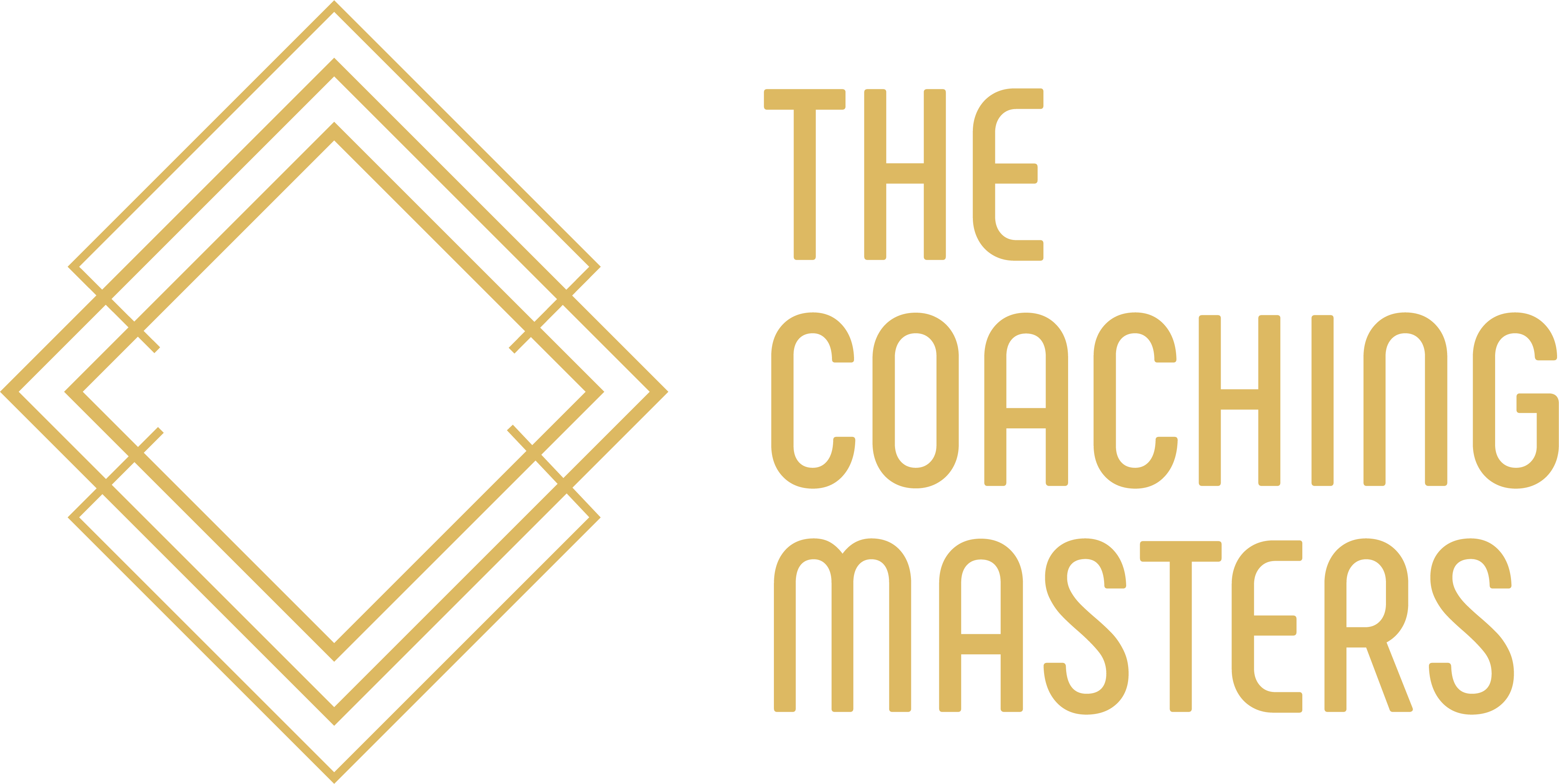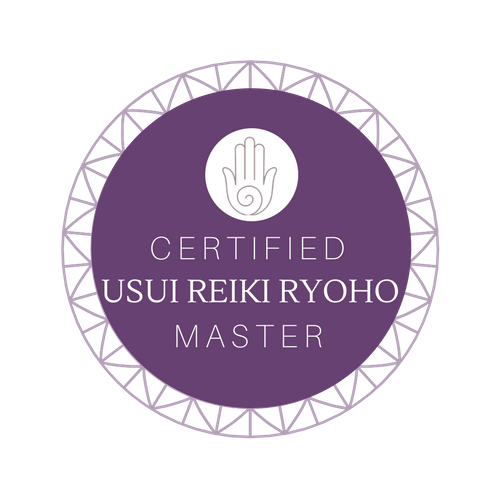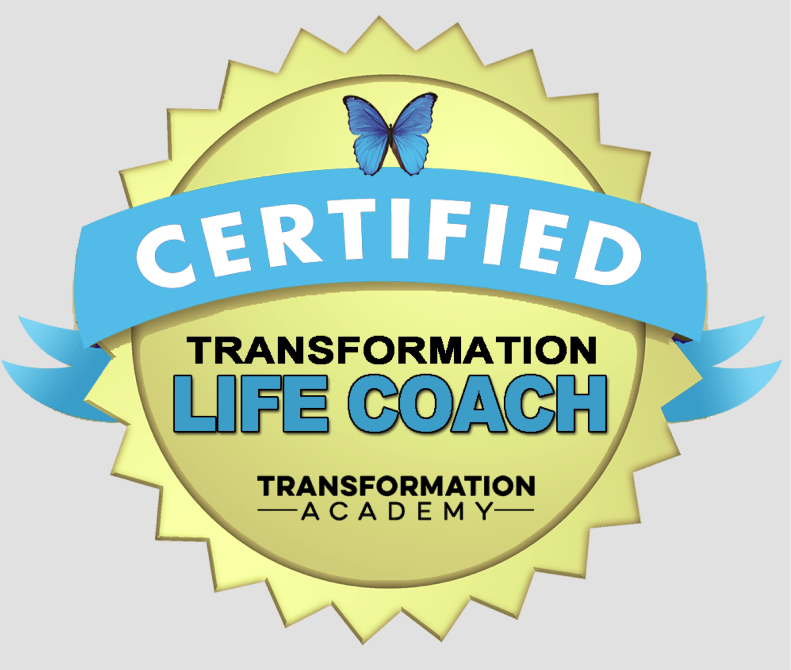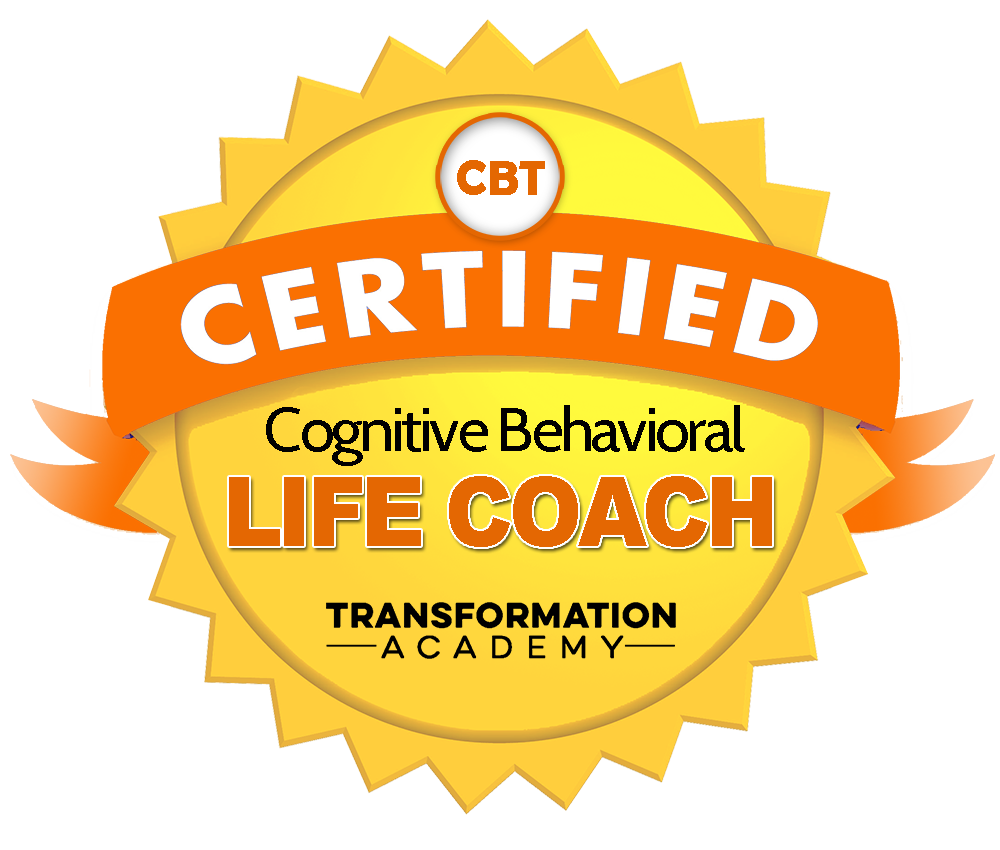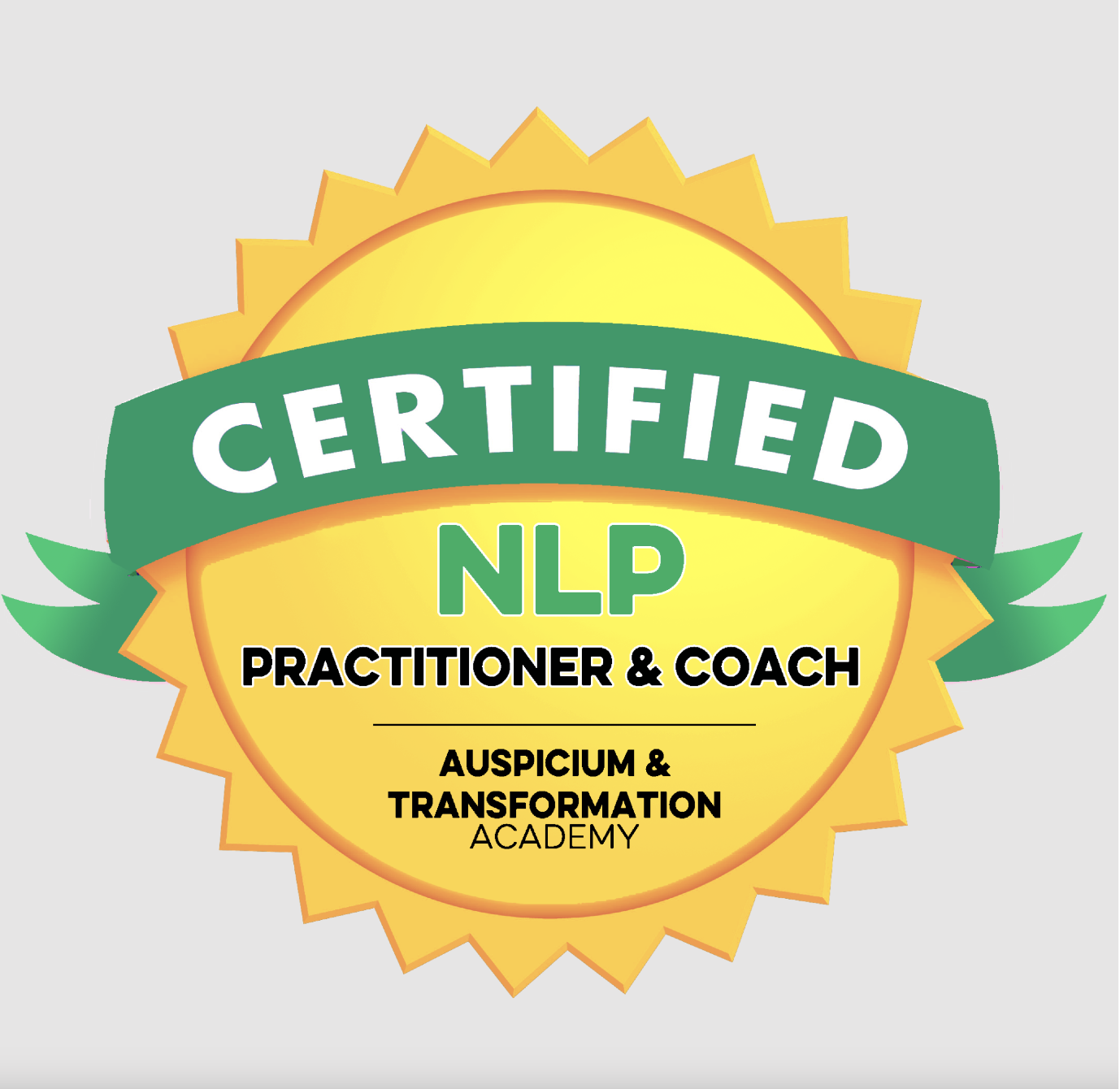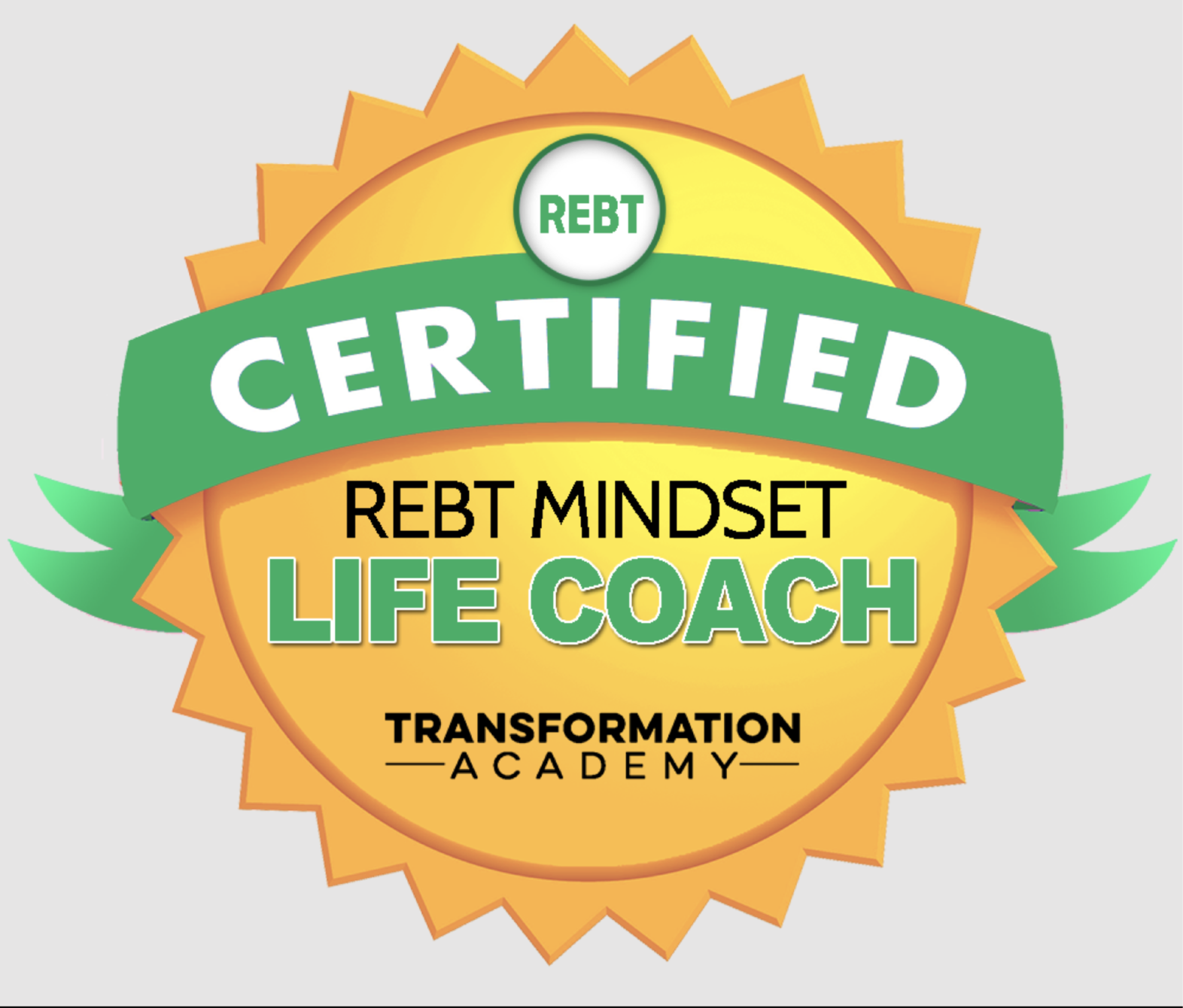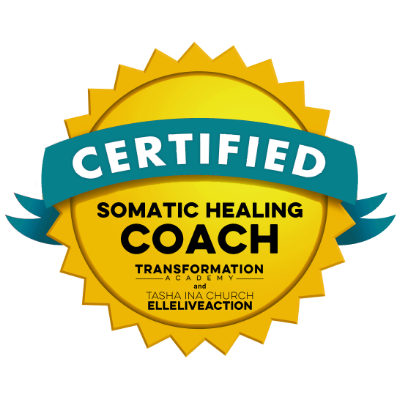Acupuncture: A Pillar Of Holistic Healthcare
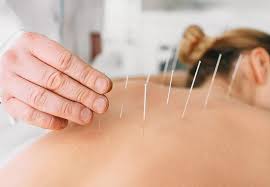
Holistic healthcare is a practice that focuses on treating illnesses and maintaining well-being through natural and alternative methods, rather than relying solely on conventional medication. Among the most well-known examples of holistic healthcare is acupuncture, a therapeutic technique that has been in use for over 2,000 years. Although its origins are in ancient China, acupuncture has gradually gained acceptance in the West, particularly in the United States, where it is now recognised for its ability to treat and prevent a variety of health issues.
The Fundamentals of Acupuncture
Acupuncture involves the insertion of thin needles into specific points on the body to stimulate and balance the body’s energy flow, known as Qi (pronounced "chee"). The needles used in acupuncture are much thinner than those used in traditional medical procedures, making the treatment minimally invasive and generally painless.
Patients undergoing acupuncture usually require multiple sessions to experience significant benefits. While immediate changes might not be felt after a single session, regular treatments can lead to substantial improvements in health. The lack of pain during and after treatment is one of the many reasons acupuncture is growing in popularity as a viable alternative to conventional medical approaches.
Scientific Validation and Benefits
Acupuncture has been the subject of numerous studies aimed at evaluating its efficacy. For example, research conducted in the United Kingdom involved 400 participants who suffered from migraines. After three months of regular acupuncture sessions, many participants reported a marked reduction in the frequency and severity of their migraines. Similarly, in the United States, acupuncture has shown promise in managing chronic conditions like arthritis, providing patients with an effective and affordable alternative to conventional medications, which can be costly and may come with undesirable side effects.
But the benefits of acupuncture extend beyond treating migraines and arthritis. Clinical studies have demonstrated that acupuncture can assist in weight loss for obese individuals and can also be an effective remedy for insomnia, helping patients achieve better sleep patterns without the need for sleep-inducing medications.
In some instances, acupuncture has even been used as an alternative to chemical anaesthesia before surgical procedures, particularly for patients who cannot tolerate conventional anaesthetics. This application underscores acupuncture’s potential to play a significant role in pain management and patient care in various medical contexts.
Acupuncture in Addiction Treatment
One of the more surprising applications of acupuncture is in the treatment of addictions. Acupuncture has been employed in helping individuals overcome dependencies on substances such as alcohol, drugs, and nicotine. Studies involving smokers have revealed that just one acupuncture session can reduce cigarette consumption by half, suggesting that continued treatment could potentially lead to even greater reductions or complete cessation.
The effectiveness of acupuncture in addiction therapy has led to the establishment of specialised clinics across the country that use acupuncture as a primary tool for rehabilitation. These clinics offer hope to those struggling with addiction, providing an alternative to traditional rehab methods, which can be invasive or have limited success.
Accessibility and Cost of Treatment
The cost of acupuncture varies depending on the practitioner and the location, with initial sessions typically ranging from $75 to $150. However, the cost often decreases with subsequent treatments. Depending on the patient’s condition, a complete course of treatment might involve 10 to 15 sessions, spaced out over several weeks. Despite the out-of-pocket costs, many patients find acupuncture to be a cost-effective alternative to more invasive treatments or ongoing medication.
Before beginning acupuncture, it’s important to check whether the treatment is covered by your health insurance. Although some insurance plans include acupuncture, others may not, despite the fact that it can be less expensive than more conventional medical procedures. Patients might consider advocating for the inclusion of acupuncture in their insurance coverage, emphasising its benefits and cost-effectiveness.
Safety and Professional Standards
As with any medical treatment, acupuncture carries some risks, but these are minimal when the procedure is performed by a licensed professional. It’s crucial that acupuncturists use sterile needles to avoid the risk of infection. Choosing a certified and experienced practitioner significantly reduces any potential dangers associated with acupuncture.
The acceptance of acupuncture and other forms of alternative medicine is growing within the medical community. Many doctors and healthcare providers now recognise the value of holistic treatments like acupuncture and may refer patients who could benefit from such therapies. This shift in attitude reflects a broader understanding of health and wellness that incorporates both traditional and alternative approaches.
Exploring Acupuncture for Your Health
For those who are weary of the side effects associated with conventional medications or who have found limited relief from standard treatments, acupuncture offers a promising alternative. Its holistic approach addresses the root causes of health issues rather than merely alleviating symptoms, making it an attractive option for those seeking comprehensive care.
Acupuncture is just one of many holistic healthcare options available today, and it stands out for its versatility and efficacy in treating a wide range of conditions. Whether you are dealing with chronic pain, stress, insomnia, or even addiction, acupuncture could provide the relief you’ve been searching for. As more people turn to holistic methods to improve their health, acupuncture continues to demonstrate its value as a powerful and effective component of a well-rounded healthcare regimen.
Click the link below to book your free clarity call or free virtual coffee chat.
Grab a copy of our newletter by completing the form below, this will then be sent to your inbox every month.
My Affirmation For The Week
"Every act of creation is first of all an act of destruction."
